Fraud Targeting Vulnerable Ukrainians On The Rise
21 Apr 2023
Location(s): Various locations in Ukraine, including the Zaporizhzhia, Lviv and Sumy oblasts.
Date of event: Throughout 2022; more recently, in February–April 2023.
What happened: Various fraud schemes target the most vulnerable in Ukraine, posing as international humanitarian actors.
Event Details
Scammers have been setting up fake social media profiles and websites pretending to be organizations to raise donations for allegedly humanitarian purposes and misappropriate funds. In the early stage of the full-scale invasion, criminals were reportedly posing as humanitarians on social media to collect NFI donations, which they sold further on black and legal markets.
According to international organizations coordinating their activities in Ukraine’s Cash Working Group, fraud cases related to cash distribution have been rampant, with a spike in August 2022. Fraud schemes have become quite sophisticated, targeting both beneficiaries and humanitarian agencies through phishing emails and phone calls. Scammers have become proficient in mimicking the language used by humanitarian actors and tricking victims into sharing sensitive banking details over the phone.
In March 2023, the Ukrainian Red Cross Society warned Ukrainians that scammers had set up a fake website pretending to fundraise for the organization and cold-calling people to ask for donations. Scammers have also been setting up phishing websites pretending to provide help by U.N. agencies. Organizations providing cash support are particularly at risk of becoming targeted by fraud schemes.
On March 22, investigators busted a criminal call center operated by 28 people in the Zaporizhzhia Oblast. Another one was shut down in February. The scammers pretended to work for a foreign volunteer organization collecting donations from both Ukrainians and international private donors, allegedly to support internally displaced people.
A serious Ukraine-related fraud scandal is currently haunting Estonia. Two Lviv-based Ukrainian organizations, one of them a charity reportedly linked to a former deputy mayor of Lviv, have been accused of misappropriating donations raised by Glory to Ukraine, Estonia’s biggest charity.
Analysis
The number of fraud cases in Ukraine increased by a third in 2022 compared to 2021. In the Odesa Oblast alone, it doubled in the same period. Police records indicate a trend that the number of recorded fraud cases in the Odesa Oblast might become even higher in 2023. Judging from this, a spike in fraud can also be expected across the country for 2023.
Before the invasion, such cold calls were common by criminals pretending to be bank representatives in Ukraine. As hostilities continue and both Ukrainians and individuals in other countries are still generously donating to Ukrainian entities, criminals will likely continue trying to take advantage of the people’s benevolence.
Impact
Older people are particularly at risk of fraud. They are more challenging to reach through feedback mechanisms of humanitarian organizations while being more targeted by criminals. This group is also more likely to get confused about how to contact humanitarian agencies when they become victims of fraud.
The abundance of fake charities and, in some cases, links to politically exposed persons illustrate the pressing need for enhanced due diligence in partner selection.
Closer coordination and communication between international organizations, particularly those providing cash support, and Ukrainian state institutions can help to address fraud-related issues. The National Bank of Ukraine led various awareness-raising campaigns and plans a new “Goodbye to Fraud” campaign.

